Sessions / Zoom 7
SIG Coordinators Meeting #895
This meeting is for all SIG coordinators or official officers representing the SIG.

Graphical Data Analysis #848
Graphical visualisation of data can play a key part in research. Following the data collection stage, one of the first steps in a research project should be an exploration of the data to check assumptions, and identify possible patterns or trends. Here, alongside the appropriate descriptive statistics, plotting data in different ways can be very informative. In this workshop we will focus mainly on the initial exploratory stage of a research project. We will look at how to generate and interpret a number of different plots and diagrams using the R statistical package, with an emphasis on the ggplot2 package. The techniques covered can also be applied in the later stages of research when preparing print-ready materials or presentation slides. We will look at graphing and plotting solutions for both numerical data and text corpora to demonstrate techniques applicable to a variety of research situations. No experience with R necessary.
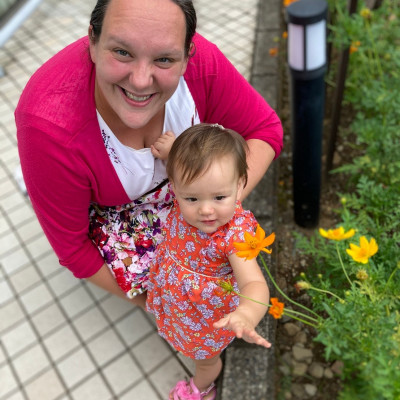
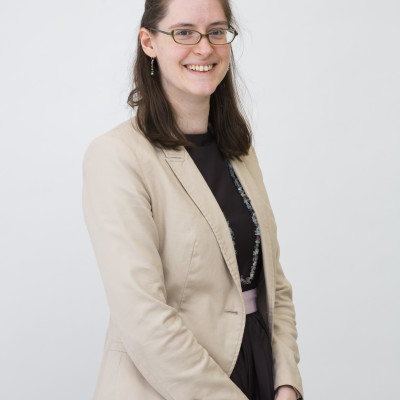
Engaging in Effective Reflective Practice #849
Reflective practice (RP) is one of the most effective forms of teacher development as it helps educators understand both what they are doing and why they are doing it. However, for it to be useful, RP must be systematic (Farrell, 2019). The presenters, who are experienced reflective practitioners, will briefly introduce the principles of RP before leading participants through a guided RP session. The workshop will conclude with the presenters sharing other ways to engage in RP so that participants leave with ideas for how to implement it for their professional development. Our hope is that the experience of having reflected on their own teaching with others will motivate them to continue engaging in such practices in their own contexts. The presentation will be in English, but participants are welcome to engage in RP in any language during the guided session.


Omotenashi: Starts With Community-Building #851
The 2020 Tokyo Summer Olympics & Paralympics have led to efforts on the part of national and local governments to prepare citizens for hosting international visitors. While the 'hard side' of these efforts includes the construction of stadiums etc., a key part of the 'soft side' have been events and courses to help the Japanese nationals acquire basic language and intercultural communicative skills. The presentation starts by setting the scene on how drama-based pedagogy can meet the needs of the hospitality sector in Japan, thereby setting the context for the workshop. The process drama workshop addresses the need for inclusion and celebration of diversity through a letter of complaint that was sent to the headquarters of Japan Rail (JR) by a non-Japanese resident. Through strategies such as overheard conversation, hot-seating, and writing-in-role, participants will build community and learn how proactive and inclusive JR was in its response to the complaint.
TYL Social with Plenary Speaker Patrick Jackson #896
The Party has started, please come and join us for a week roundup and fun talk with our Plenary speaker Patrick Jackson. It is a social event to spend with him and other Teachers of Younger Learners. This social is one of the first to kick off the weekend of great professional development.

Promoting Community in an Extensive Reading Course #654
This presentation will describe the ways in which the author provided opportunities for students to share information about their reading in order to attempt to promote a reading community within a one-semester extensive reading course. Results of an end-of-term survey (n=28) conducted to investigate the degree to which students shared information, the kinds of information shared, and the impact it had on their book choices will be presented, and the implications will be discussed.

Why Is It so Difficult to Read Books in English? #486
It is unsurprising to find Japanese students who rarely read books in English or who have no reading experience. They often struggle with reading books in English when they are told to do so. However, if there is appropriate support, the majority of students will be able to read books in English. In this workshop, the presenter will share an Extensive Reading Map to guide students to read starting from 1000-word-token to 50,000-word-token books.
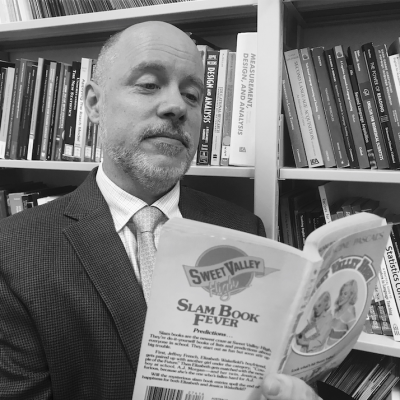
An Approach to Large-Scale Quantitative Research #605
Conducting large-scale classroom-based research poses numerous practical challenges. The goal of this presentation is to introduce a mutually-beneficial collaborative approach to doing such studies in which a main researcher organizes and guides a group of teachers as they each “replicate” the same provided study design. The presenter will explain the goals, strategies, and issues relating to implementing this approach with supportive examples from an extensive reading project conducted in 2018.


More Than What Meets the Eye: Vision and Language #484
3D vision has huge potential for language education. The presenters will demonstrate several prototypical applications through stereoscopic devices: (1) text glossing in a 3D space behind the main text, (2) presentation of text in two languages to each of the reader’s eyes simultaneously, exploiting the phenomenon of Binocular Rivalry (BR), and (3) scrambling (words with character inversions/permutations). The audience can experience all 3 phenomena in this workshop and discuss their potential for language education.
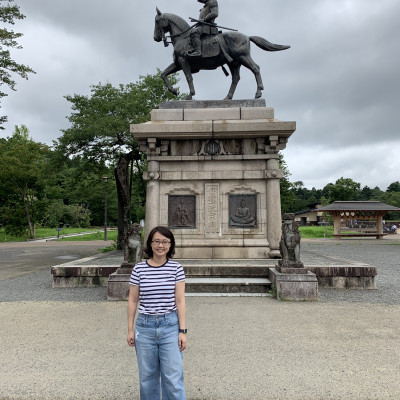
An Investigation Into Language Mindsets #676
This study explored senior high school students’ language mindsets and the factors affecting the shaping of their language mindsets. The study used a mixed-methods approach. The questionnaire findings reveal there are no significant differences between male and female students. English low-achievers tend to score toward the fixed-mindset. The interview findings show that students’ language mindsets are domain-specific and factors affecting their language mindsets include influences from their parents, peers and past learning experiences, especially failures.

Implementing ER at a Secondary School #603
This presentation will discuss the implementation and initial outcomes of an extensive reading (ER) program at a private high school in Central Japan. Many teachers have reservations when attempting to implement systematic changes to curriculum and instructional practices at their schools, as such requests are often met with resistance. Attendees will be provided with a transparent view of potential obstacles they may encounter during the infancy of their own program.


Extensive Reading With Authentic Materials #745
This presentation describes a trial to introduce an alternative extensive reading (ER) program that utilizes authentic materials. This was done in response to low student engagement with ER in previous semesters. Twenty-one second year university students were introduced to authentic materials via the instructor, then shown how to self-select for level-appropriate materials of interest. Student feedback responses suggest that the assignment improved student engagement and ultimately provided a meaningful learning experience.
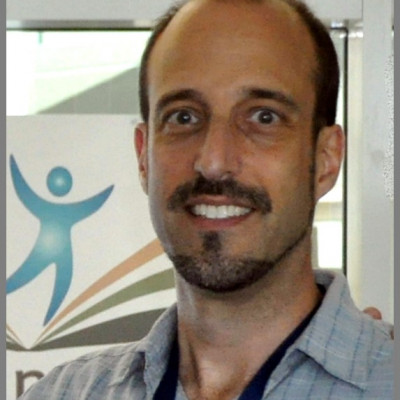
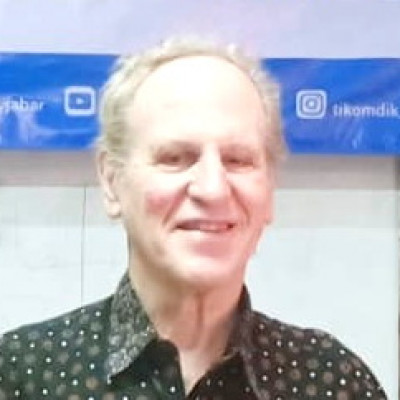
Increase Motivation With the Best Graded Readers #495
A positive reading experience will encourage students to continue to read. This is one of the main objectives of extensive reading. However, knowing which books students will enjoy is challenging. In this workshop, the presenters will share findings of the “best” graded readers based on various sources, including student surveys, teacher recommendations, and the winning titles from the Extensive Reading Foundation’s Language Learner Literature awards.

Xreading: What’s New and What’s Next #389
Promotional Visit the englishbooks.jp pageA completely new version of Xreading, the digital library of graded readers, was launched this year. In this presentation, the founder of Xreading will explain the new features and functionality that has been added and what is planned for the future. Current users of the system are encouraged to provide feedback and suggestions based on their experience.


Shape Your Habits, Sharpen Your Memory #381
The inconsistent nature of motivation and willpower are often unreliable sources for successfully attaining goals. Learning outcomes are influenced by significant factors relating to study skills, memory processes and biological aspects of learning. This workshop aims to highlight these factors alongside current habit theories and approaches applicable for making necessary behavioral changes. It is anticipated that creatures of habit change, the participants, successfully engage and apply this knowledge to their teaching contexts and specific needs.

The Neuroscience of Language Learning #356
Learning and using language are key processes of the brain, so every language teacher needs to know the basics of how the brain does both. Four key concepts will be explained: a) network thinking and embodied simulation; b) why that boy who “doesn’t get it” might be the smartest; c) how emotion is at the root of everything; d) and how predictive processing is giving us a completely different picture of how the brain works.

Testing Effective Test Prep: What Works Best? #729
High-stakes tests such as the TOEIC, TOEFL, and EIKEN are an important part of the foreign language learning experience, and the student outcomes on these tests can have major repercussions. The research detailed in this presentation is informed by what the cognitive psychology community has revealed promotes more effective learning; however, this research is seldom shared with the community of language teachers. This talk aims to bridge that gap.


Our Visual Systems and Language Education #728
Stereopsis, the process by which we attain 3D vision, is discussed in relation to its use in language education. The presenters will discuss their independent but closely related research into vision and language by introducing some experimental applications of their ideas. In a short final demonstration they will present a text with glosses partially visible in a virtual space behind the text (3D vision) and visible only to one eye (BR) using anaglyph glasses.



Sound Reading Remediation Strategies via Moodle #543
We will highlight challenges encountered in extensive reading (ER) and offer efficient means of remediation using Moodle and more. Specifically, how and why cohorts of beginning to low-intermediate readers engaging in ER for credit are not all reading when using Mreader; how teaching word prominence better addresses the literacy needs of weak readers; and how Moodle modules enable reading remediation to be automated into an efficient, scalable, consistently replicable experience designed to promote reading remediation.

Advanced Learner’s Self-Directed Extensive Reading #612
This paper reports the findings obtained in the first year of a long-term diary study of self-directed extensive reading conducted by the author. Various data collection methods, including diary entries and analyses of reading rate changes and unknown word frequency patterns, are employed to obtain introspective and objective results. The findings include a statistically significant reading rate increase and illustrate the intricate relationship between the author’s motivation toward L2 reading and her investment in it.

Reading Fluency Training for EFL Learners #679
This presentation reports on a quasi-experimental study tracing a reading fluency training program for 74 lower-proficiency (CEFR A2) EFL learners at a Japanese university. Learners engaged in extensive reading, and practiced timed reading and repeated oral reading during class time over the semester-long treatment. A comparison between the pre- and post-training reading rates and reading section scores for the TOEIC test revealed the program significantly elevated participants’ reading fluency.